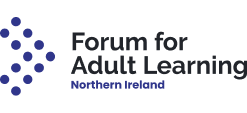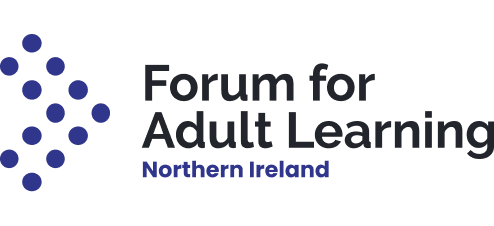
The BME health literacy project arose from a need for improved inclusivity. In South Belfast there is a large BME population, as well as an asylum seekers community. When supporting these communities to access healthcare and wellbeing support, Connected Community Care endorses the model of self-empowerment. However, the tools initially used around health literacy were not working. When Wellbeing Coordinators reached out to these communities to try and engage them using existing resources (predominantly around diet and nutrition or physical activity), gaps in efficacy and appropriateness became evident. For example, materials were not accurately translated, with gaps in certain languages and there was a lack of culturally relevant foods listed. Additionally, it became clear that some communities could not use the materials due to poor literacy in their first language.
A decision was made, with the support of the Heath & Social Care Board, to devise new materials that were:
- accurately translated into the languages of specific BME communities,
- culturally relevant to the target BME groups,
- presented in an easy-to-read format, with a strong use of pictures to encourage use by those with low literacy skills.
After a tendering process for ‘BME Health Literacy Project’ the Chinese Welfare Association (CWA) was the successful applicant. CWA set about laying the groundwork for creating resources in the two most requested languages that presented to the Belfast Health & Social Care Trust interpreting service – Arabic and Polish.
CWA reached out to those community services that worked with these language groups and identified existing levels of knowledge around the two set topics – diet and exercise. Once this had been gathered, dietitians from the Belfast Trust’s Dietetics Team and physical activity coordinators from Belfast Health Improvement Team trained representatives of the communties on best practise in these areas. This was supported with educational resources, such as pedometers and food maps. The community leads then went back to their respective groups and shared their new learning, encouraging the development of BME walking groups and wider conversations around food and diet.
The learning from these conversations were then distilled down into easy-to-read booklets accurately translated and culturally appropriate to the target audiences.


Leave a Review